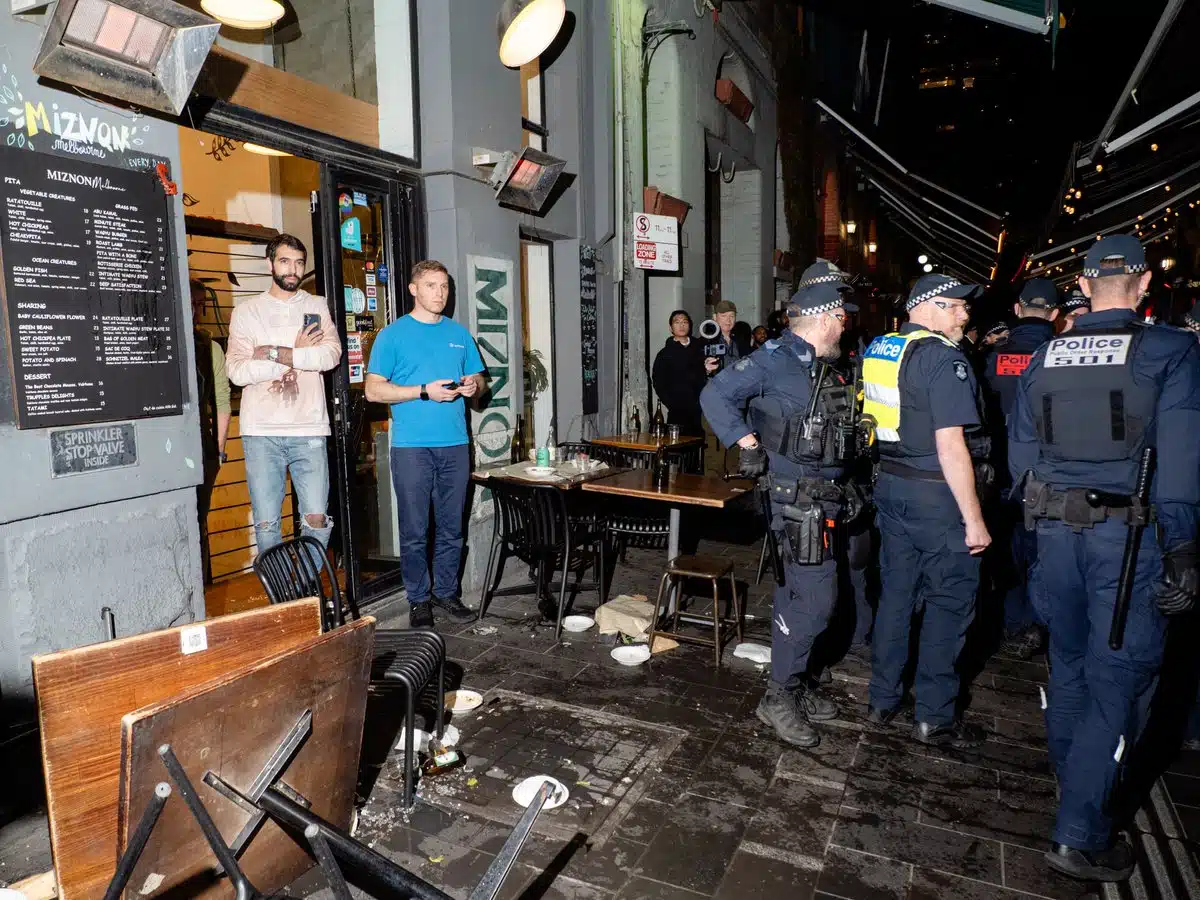

Belgium Plans to End Military Protection for Synagogues in Antwerp
By Aaron Kliegman
Belgium is planning to end the army’s protection in the city of Antwerp’s Jewish neighborhood. The plan, which is not yet finalized, would remove all military guards who have been protecting synagogues and other Jewish institutions in September.
According to reports, the Belgian government made the decision because of budgetary issues in the wake of the coronavirus pandemic, which has damaged the economy and killed more than 9,000 people in Belgium.
Jewish organizations quickly castigated the government’s plan, arguing that, amid a global rise in antisemitism, now is not the time to lift protective measures.
“The Jewish community needs more, not less, protection in these difficult times,” the Forum of Jewish Organizations of Flemish Jews wrote in a statement published Monday.
“We are deeply alarmed by Antwerp’s plans to withdraw armed protection from the city’s synagogues,” the American Jewish Committee (AJC) wrote on Twitter. “The city must immediately reverse course and guarantee the full protection of all citizens at all times.”
“The safeguarding of Jewish life is nonnegotiable!” the AJC added.
Antwerp’s center has about 100 Jewish institutions servicing around 18,000 Jews, most of whom are haredi.
News of the Belgium government’s decision came on Sunday, the sixth anniversary of the 2014 antisemitic terrorist attack on the Jewish Museum in Brussels, which is located about 40 miles south of Antwerp. An Islamist returning from Syria opened fire in the museum, murdering four people.
Since the attack, Jewish sites have been under the army’s protection.
B’nai B’rith International rebuked the Belgian government for deciding to remove troops on the anniversary of the attack.
“The attack must be a stark reminder, Belgium must be firm to protect its #Jewish community,” the group wrote on Twitter.
There have previously been antisemitic incidents in Antwerp.
In 2017, a haredi man alleged that someone assaulted him on the street while shouting “Jew.” Belgian police apprehended and briefly detained a suspect.
The next year, an unidentified man was caught on film stealing mezuzahs from the door frames of 20 homes in Antwerp. The incident occurred days after a haredi man and his son were nearly rammed by a passing vehicle that swerved in their direction onto the pavement while they were walking to synagogue on Shabbat. Police in Antwerp charged a suspect with reckless driving but not a hate crime.
Belgium’s decision to end military protection for synagogues and other Jewish institutions comes as antisemitism continues to surge in Belgium and across Europe. Surveys show the overwhelming majority of Belgian Jews consider antisemitism a major problem and believe antisemitism has increased over the last five years.
The European Union (EU) Agency for Fundamental Rights, for example, found in one survey that two-thirds of Belgian Jews who responded that they at least sometimes wear, carry, or display items that could identify them as Jews at least occasionally avoid doing so out of fear.
About 42 percent of Belgian Jews had considered emigrating in the last five years, according to last year’s annual report on global antisemitism by the Kantor Center. The study also found that 39 percent of Belgian respondents said they had experienced antisemitic harassment in the last year.
Besides France, “Jews do not experience anywhere [else] in the EU as much hostility on the streets as they do in Belgium,” the report concluded.
read more
Join Our Newsletter
Free to Your Inbox
"*" indicates required fields








